The Dow posted its largest decline of 2019 Wednesday as the bond market signaled a warning of a potential pending recession. With weak economic data coming out of China and Germany, the second and fourth largest economies, respectively, there are worries that we are in the midst of a broad global economic slowdown. As stated in the Wall Street Journal, the good news is that unlike the 1990’s with the Tech boom or the mid 2000’s with a housing boom, the US is not confronted with severe excesses to unwind. As such, any downturn might be mild.
When market volatility picks up, it is reasonable for investors to get antsy about their investments and lose confidence in the market. We believe volatility provides a perfect opportunity to calibrate our investment philosophy and not get sucked into media headlines or brash reactions. Although we identify where we are in economic and market cycles and position portfolios to benefit from these cycles, we do not try to time the market. We are long term investors, not traders. By identifying that we are in the beginning stages of a downward cycle, we are able to make changes in a portfolio to be more defensive and try to safeguard our investments. For example, recently we have taken several steps to shield the portfolios from risks that we currently identify by selling positions, raising cash, and taking a more cautious approach to investing new monies.
Our investment process comes from more of a bottom up approach. Meaning we try to analyze specific companies who can perform well in all market cycles. Instead of trying to predict what will happen in the next week, quarter, or year and basing our investment choices off of a prediction, we try to invest in good companies. When we pick companies, we strive to choose companies that we think of as “recession resistant”. This does not necessarily mean that its stock price will not be negatively impacted during a market sell-off. Our definition of recession resistant means that the companies’ long-term value will not be materially affected and the business will not be forced to change its financial situation or market position during a downturn in the cycle. Quite the contrary, we believe that many of our companies’ competitive positions would become stronger through a recession and are in a position to take market share from competitors...
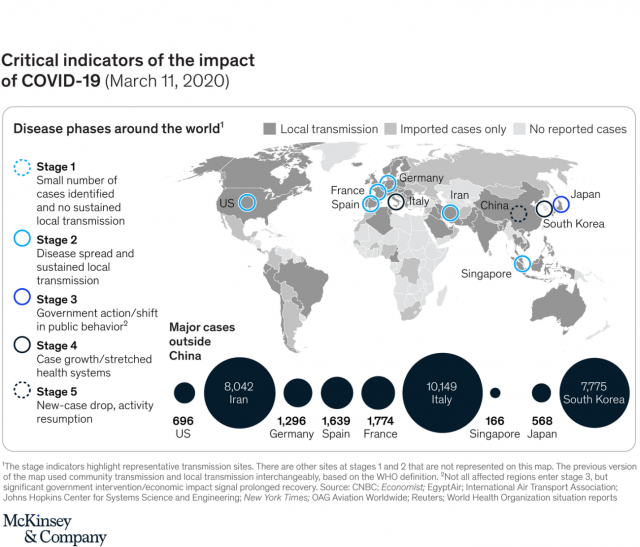




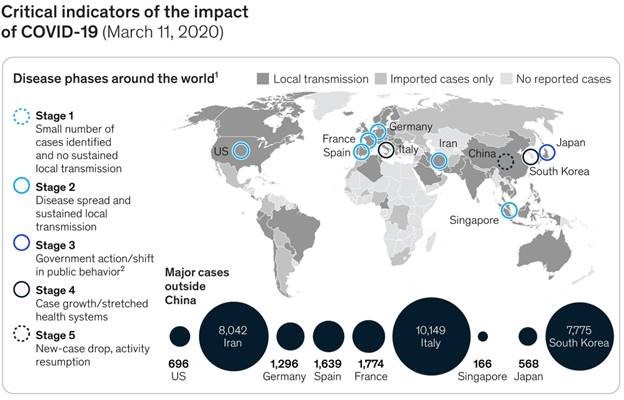 ..
..
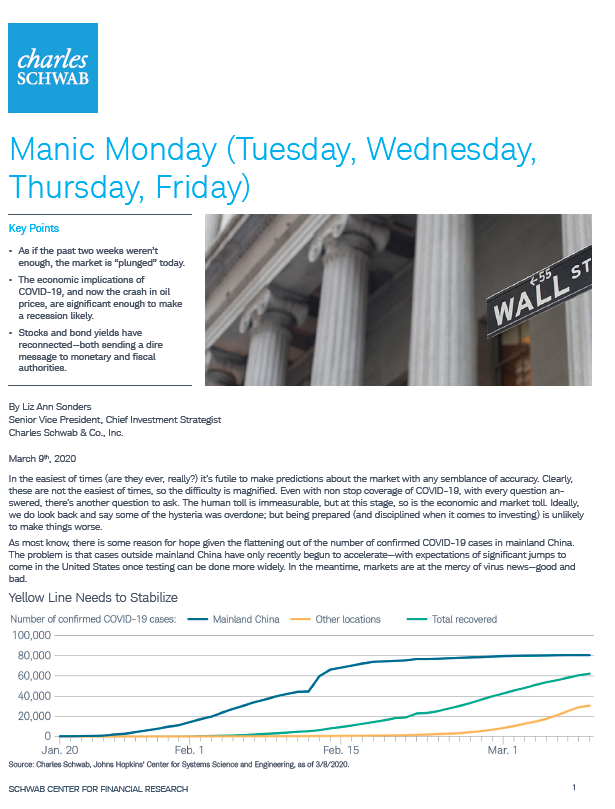
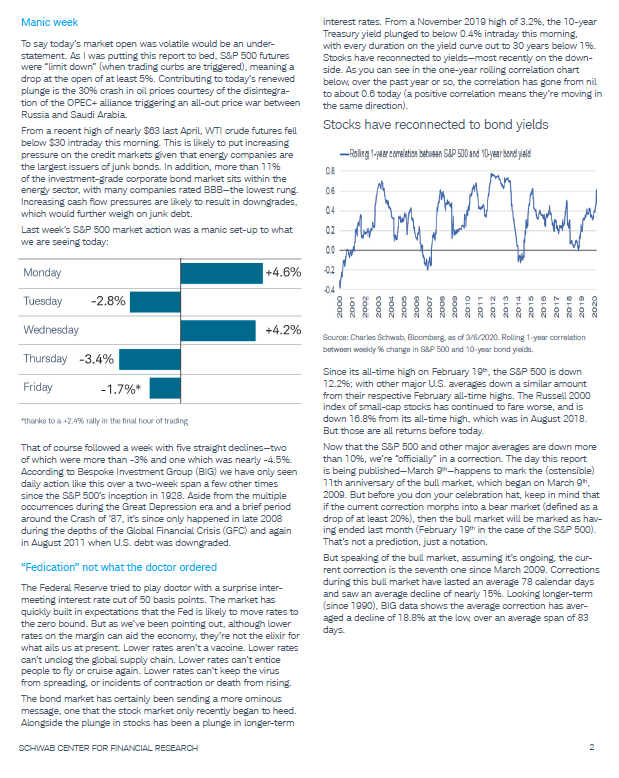
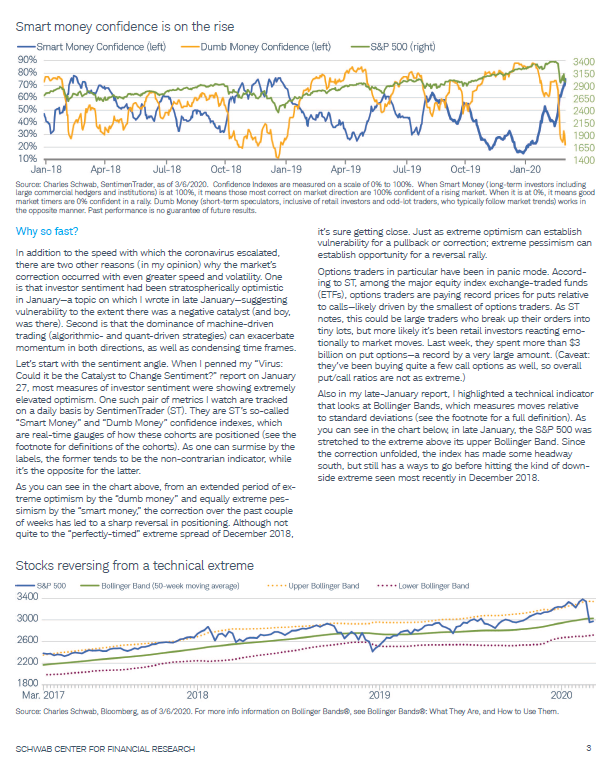 ..
..
 ..
..
